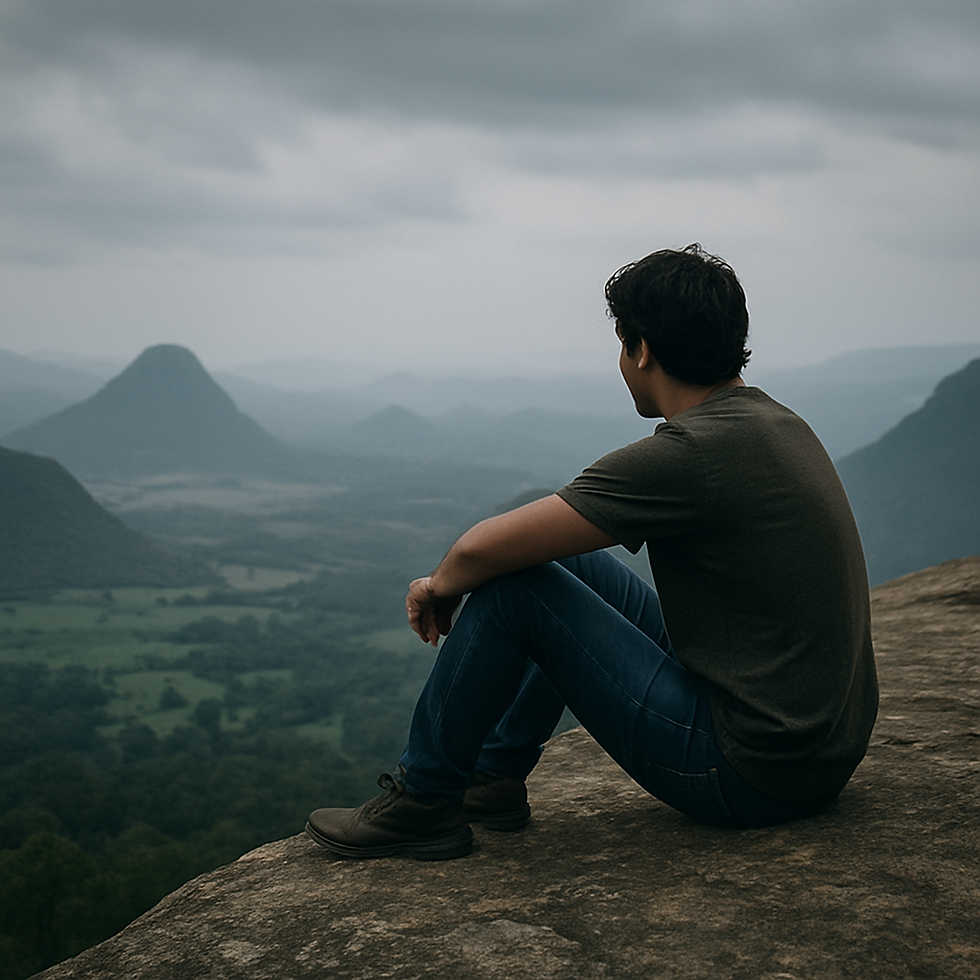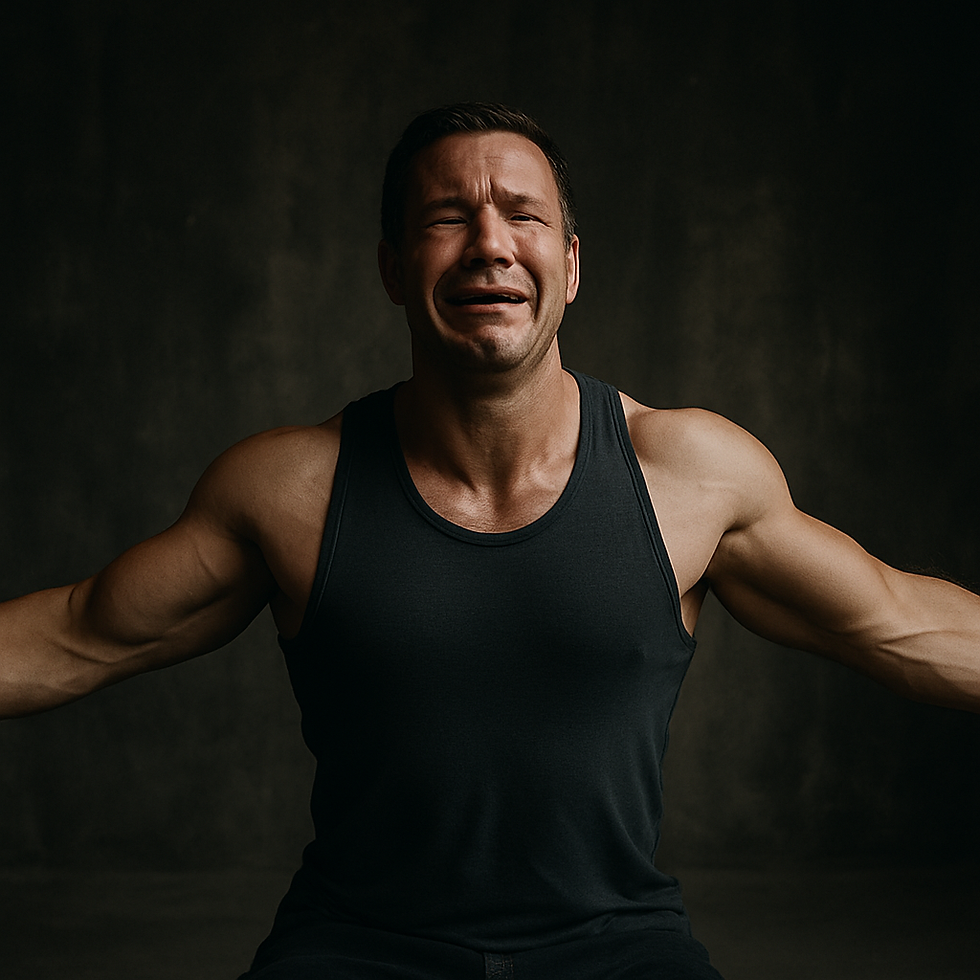It Takes Guts to Be Honest: Why Vulnerability Is Real Strength
- Just Jack Counselling Services

- Jul 10
- 2 min read

We live in a world that still praises silence. Tells us to "crack on." Pretend we’re fine. Keep the mask on and get through it. For a lot of people, especially those raised to believe emotions make you weak, talking about what’s really going on inside feels almost impossible.
But here’s the truth no one tells you: It takes more strength to be vulnerable than it does to bottle it all up.
What Real Strength Actually Looks Like
Strength has been sold to us as something cold, detached, and impenetrable. Don’t cry. Don’t talk. Don’t ask for help.
But that version of strength? It breaks people.
Real strength is about honesty — the courage to say:
"I’m not okay."
"I’m struggling."
"I need help."
That takes far more guts than keeping it all in. Vulnerability is not weakness. It’s a radical act of courage.
Why We Hide How We Really Feel
From a young age, many of us are taught that emotions make us soft. Whether it’s from family, culture, the media, or even school environments, the message is often the same: keep it to yourself.
So we learn to:
Bury stress under work.
Numb out with distraction.
Avoid the mirror entirely.
But buried emotions don’t disappear. They build up. They leak out sideways. They turn into anxiety, burnout, rage, and numbness.

Mental health matters. And facing it head-on isn’t weakness — it’s freedom.
What Vulnerability Really Looks Like
It’s not about breaking down in front of a room of people or pouring your soul out to strangers.
It’s:
Confiding in a trusted friend.
Booking a therapy session even though it scares the life out of you.
Letting yourself cry and not apologising for it.
Saying, "I don’t know how to handle this."
These acts might feel small, but they’re powerful. They are the starting point of genuine change.
Warrior-Level Honesty
You don’t have to be a war veteran to feel like you’ve been through battles. Life can be brutal. Trauma doesn’t care about your gender or background. Mental health issues don’t discriminate.
But the bravest thing you might ever do is this: Face your own mind — and decide not to carry it all alone anymore.
It doesn’t have to be perfect. You just have to be honest.
Why Therapy Isn’t a Last Resort
Therapy isn’t just for people in crisis. It’s for anyone who wants:
To understand themselves better
To break old patterns
To build better relationships
To feel lighter, calmer, more in control
Sometimes talking to someone outside your situation is exactly what you need to start changing it.
And if you’ve ever thought, "I should be able to handle this on my own" — that’s the lie that keeps so many people stuck.
You don’t have to do this alone.

Final Thoughts
There’s nothing weak about struggling. There’s nothing shameful about needing help. And there’s absolutely nothing wrong with saying, "I want to feel better."
Whether you’ve been taught to stay silent or you’re just tired of pretending, this might be the turning point.
Being vulnerable is brave.
Reaching out is powerful.
And you don’t have to do it alone.
If you’re ready to take that first step, I’m here. No judgment. No pressure.
Just straight-talking support that meets you where you’re at.



Comments